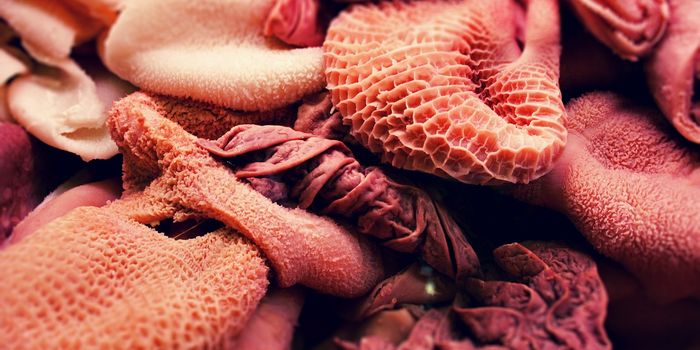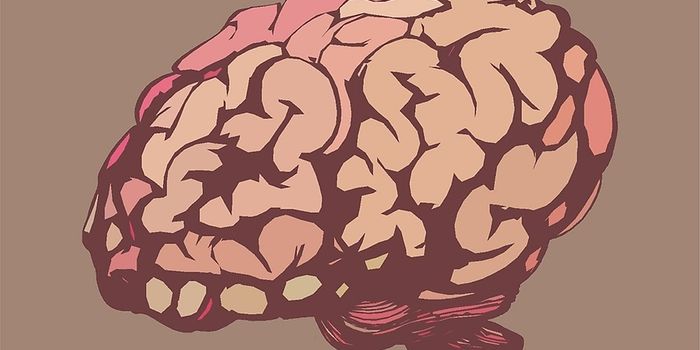Drug Targets Hard To Treat Uterine Cancer
A clinical trial was deemed successful when evaluating a therapeutic for a hard-to-treat form of uterine cancer. The drug caused DNA damage inside tumors resulting in shrinkage for about one-third of patients.
“The preliminary results, to be presented online at Thursday's virtual session of the Society for Gynecologic Oncology (SGO) Annual Meeting on Women's Cancer, demonstrated strong activity of WEE1-directed therapy in uterine serous carcinoma (USC), which accounts for about 10% of uterine cancers but up to 40% of deaths from the disease” trial leaders say.
The drug is called ‘adavosertib’ and works by stopping DNA from replicating in the tumor cells. Specifically, it targets a protein called WEE1 that is involved in the replication process. Some side-effects of the drug include anemia, diarrhea, nausea, and fatigue.
Learn more about uterine cancer (also known as endometrial cancer):
"Adavosertib demonstrated remarkable activity as a single agent in this group of patients," says the study's lead author, Joyce Liu, MD, MPH, of Dana-Farber. "It's especially encouraging in a disease such as USC, for which current treatments are of limited effectiveness."
The study involved 35 participants all of whom who underwent platinum-based chemotherapy.
“In some cases, the responses were exceptionally durable, with some patients still responding more than a year after undergoing treatment,” study leaders say.
Source: Science Daily









